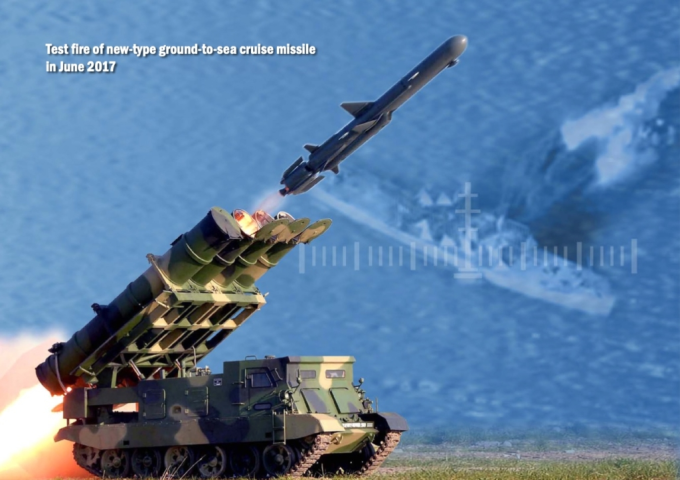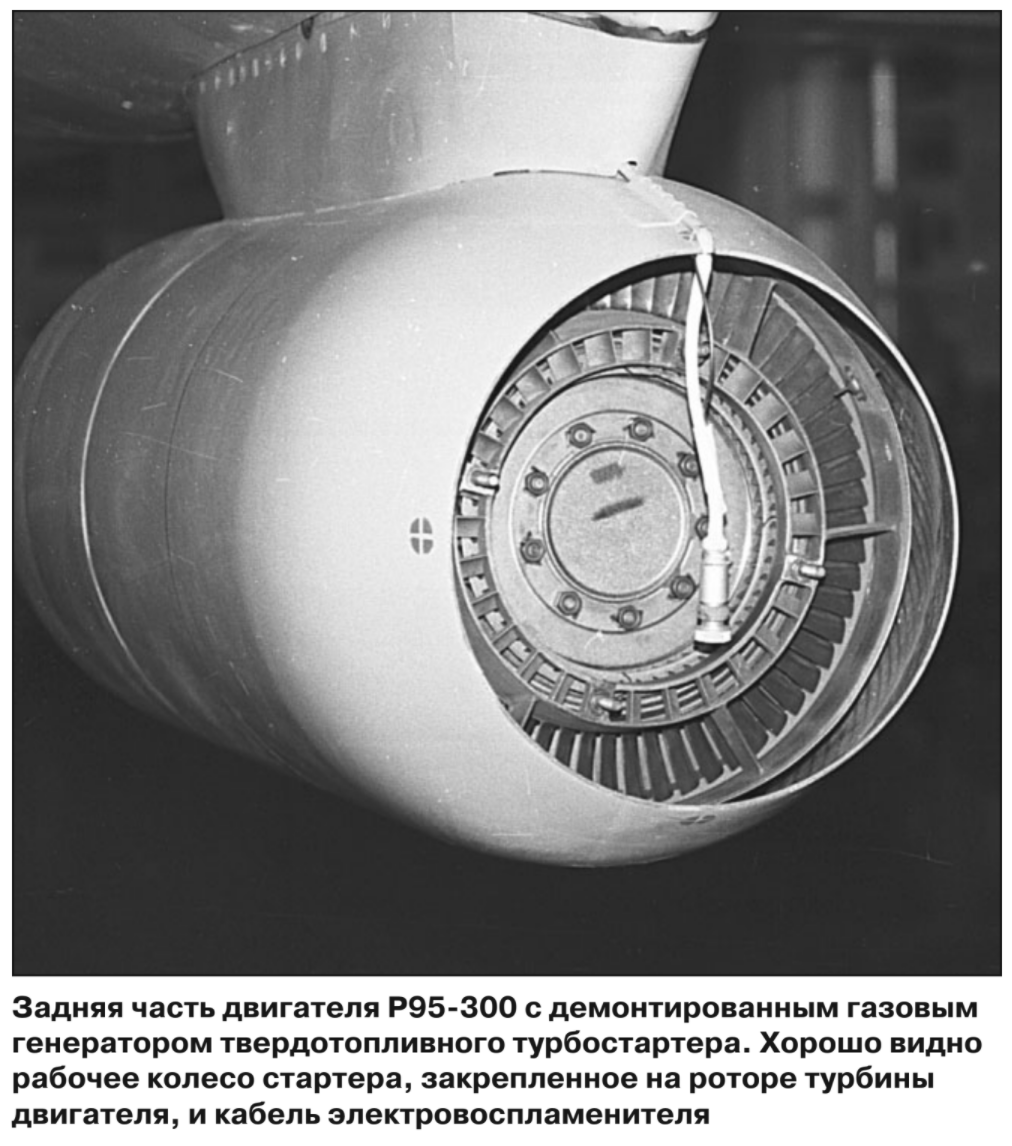
I think this is a terrible mistake. A short thread.
https://twitter.com/hrome2/status/1471869518775529478
First, there is no upside to threatening force at this late date. The Iran nuclear deal appears very much to be dead and I strongly suspect that the Iranians are en route to nuclear latency/opacity. Threatening the use of force is unlikely to alter that outcome in my opinion.
One problem with nonproliferation wonks is that we warn US officials about the dangers of a certain course of action, but after they do it anyway, we advise about how to mitigate those dangers. We call it being "policy relevant." People who treat drunks call it "enabling."
Here's the reality as I see it. When Trump killed the JCPOA, he destroyed the constituency for a diplomatic settlement to the nuclear issue in Tehran. Biden maybe had a little window to fix it, but pissed it away. Iran will now likely build a bomb. This is called a "consequence."
I am aware that many US officials are unaware of the concept of a "consequence", having failed steadily upward by cheerleading the carnage in Iraq and Afghanistan. But, yes, there are consequences to our policy interventions, even if other people are the ones to suffer them.
And, if there were any hope of heading off an Iranian bomb, overt shows of force would seem as likely to play into the hands of those who want Iran to build the bomb instead of those who want to stop it. Not that I think many Iranian officials remain in that latter group.
And then there are our own politics to worry about. I am old enough to remember when legions of gullible Democrats authorized the use of force against Iraq on the same argument that threat of force would provide leverage to get the IAEA back into Iraq. 

If we don't want to use force, we shouldn't flirt with the idea of using force. You can't shake hands with the devil and say you are only kidding. It simply legitimizes the idea and undermines one's credibility later, when it turns out its not going to be the war we wanted.
The Iran nuclear deal was a miracle. Then Trump smashed Humpty Dumpty to pieces. I don't know who needs to hear this, but there is no magic wand or "coercive leverage" that will put him back together. It's over. Take the L.
What are we going to do? Invade Iran like we did Iraq? That's insane. The President, the Congress and their legions of staff should consider the possibility that it's time to stop asking other people to die for their errors of judgement.
Iran is probably going to build a bomb like North Korea did. And we're going to live with it just as we do North Korea -- with deterrence. A lot of us hoped to avoid this, which is why we supported the JCPOA and warned that killing it was a mistake. But no one listens to me.
• • •
Missing some Tweet in this thread? You can try to
force a refresh








